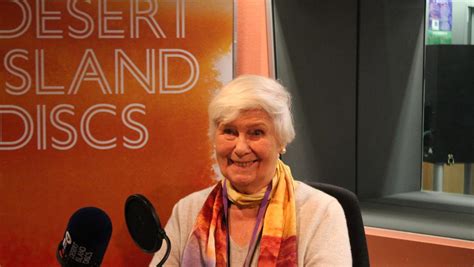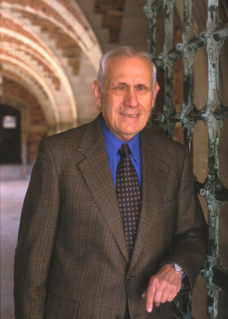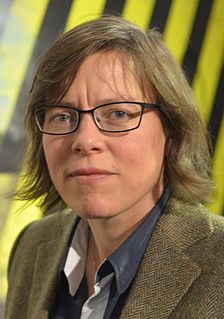A Quote by Paul W. S. Anderson
Pompeii is taught at schools in England, and, for a young boy, the combination of the Roman Empire and a volcano was irresistible.
Quote Topics
Related Quotes
I think when people think of Pompeii, they think it was just destroyed by the volcano. Yes, it was the eruption of the volcano that eventually caused the pyroclastic surge that swept over Pompeii and destroyed it for good. But also, they had to face the effects of a very extreme earthquake and a tidal wave that swept in from the Bay of Naples.
Misgovernment is of four kinds, often in combination. They are: 1) tyranny or oppression, of which history provides so many well-known examples that they do not need citing; 2) excessive ambition, such as Athens' attempted conquest of Sicily in the Peloponnesian War, Philip II's of England via the Armada, Germany's twice-attempted rule of Europe by a self-conceived master race, Japan's bid for an empire of Asia; 3) incompetence or decadence, as in the case of the late Roman empire, the last Romanovs and the last imperial dynasty of China; and finally 4) folly or perversity.




































